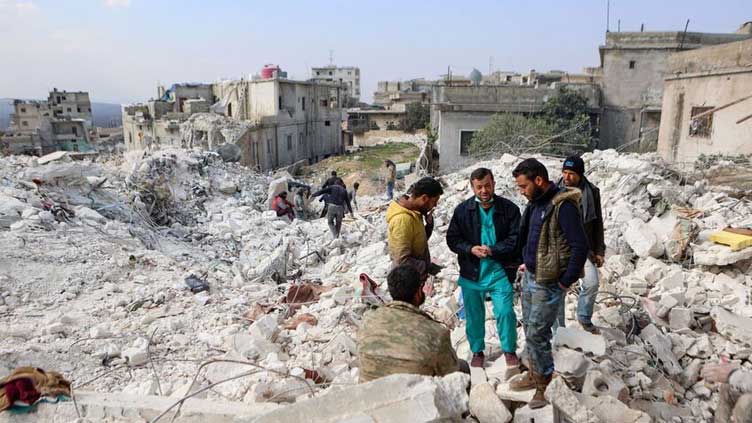Just a trickle of UN supplies has reached the rebel-held northwest of the war-torn country two weeks after a catastrophic earthquake there, and the delayed entry has angered and outraged people.
More than 44,000 people were murdered by the 7.8-magnitude earthquake in Turkey and Syria, including 3,600 deaths in Syria, adding to the suffering of a people who campaigners claim have been forgotten by the outside world in the face of catastrophe.
How is UN assistance delivered to the northwest?
The north and northwest of Syria is home to more than four million people, 90% of whom are dependent on help for survival.
Yet on February 9, three days after the earthquake struck, the first UN assistance convoy entered the region and brought tents and other emergency supplies.
The sleepless hours passed as Ms. Holland’s morning 90-minute commute to her senior position in the live events sector loomed — a potentially hazardous trip for someone who was sleep deprived.
The only point of entry for help without Damascus’ consent is the Bab al-Hawa crossing, which the UN primarily uses to bring aid to northwest Syria through the neighbouring country of Turkey.
Following years of pressure from regime allies China and Russia at the UN Security Council, the number of crossings that the UN has permitted has decreased from four in 2014.
International pressure increased for supplies to arrive since the road leading to Bab al-Hawa was briefly destroyed following the earthquake and humanitarian workers in the devastated areas were also affected.










